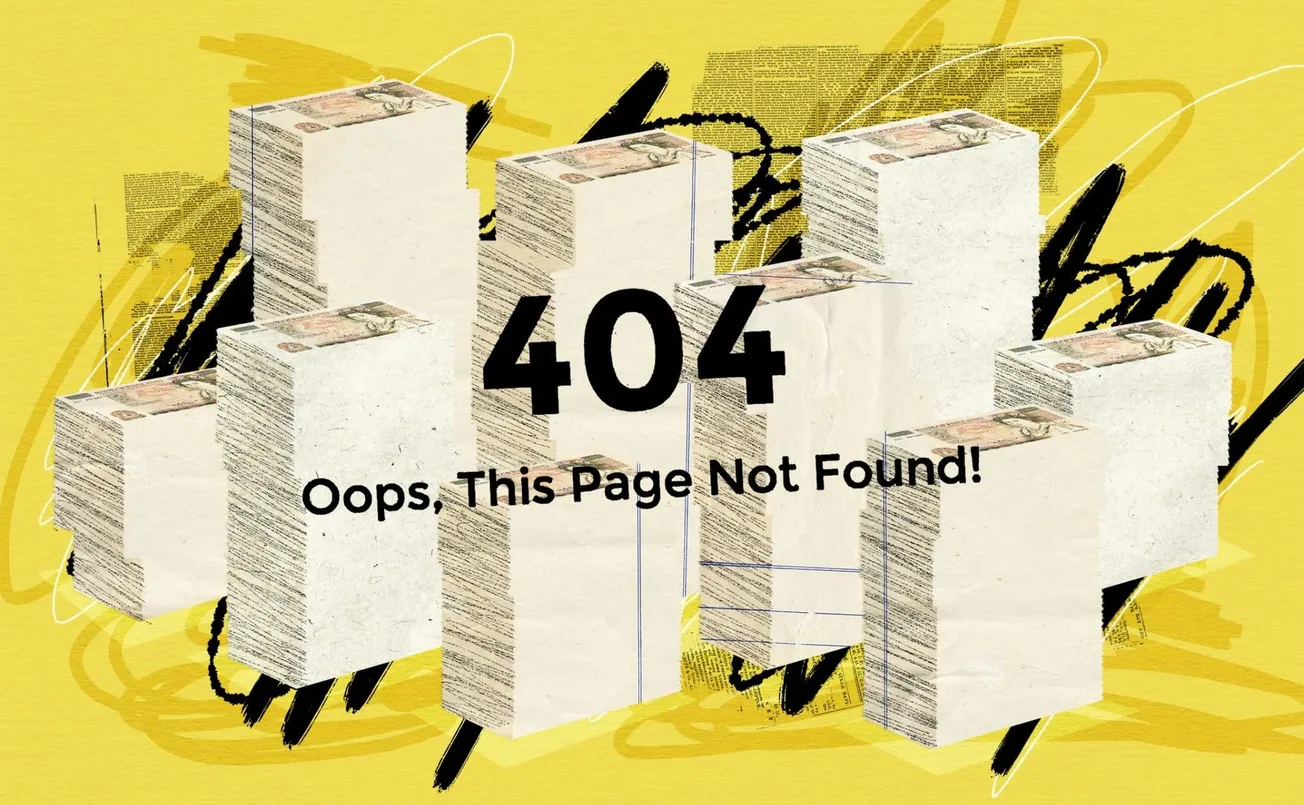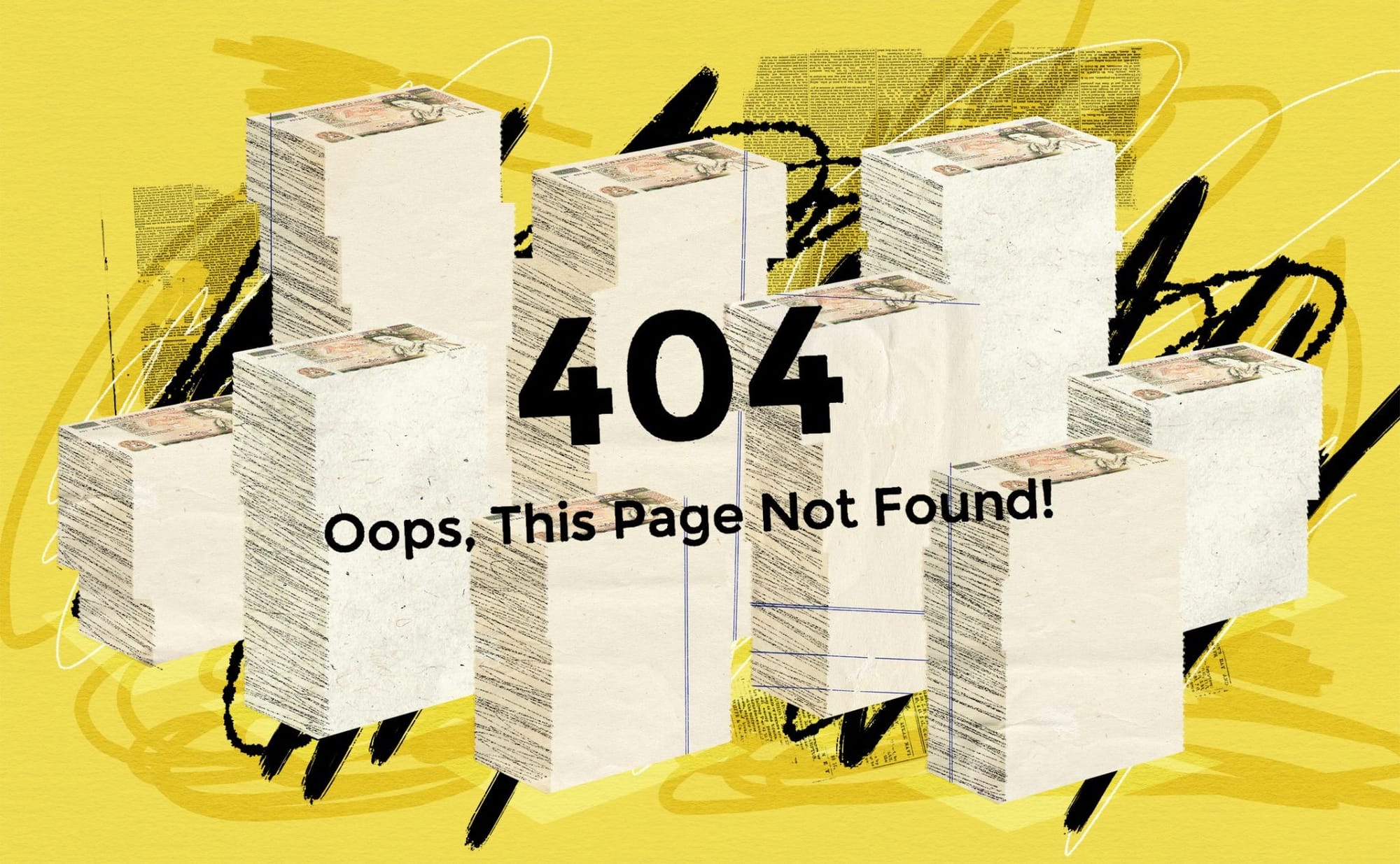Exclusive: Liverpool council published the wrong figures for 13,000+ invoices

Erroneous financial documents published for July and August have now been taken down from the council’s website
Dear readers — a fortnight ago, Liverpool council published its monthly invoice data for the summer months. A long and tedious spreadsheet full of fiddly numbers and codes, one of our long-time readers with a keen eye was nobly trawling through it and found something odd: a handful of multi-million pound payments, made to an ex-council employee and small local businesses without any tender process.
After the council was alerted to the payments, the document was removed from their website and silently replaced with another. But far from clearing things up, this new spreadsheet provoked more questions. While the council confirmed the original document incorrectly stated millions had been paid out to businesses and a former employee, a closer inspection revealed that all 13,000 invoices listed in that initial spreadsheet were wrong. To be precise: all 13,177 of them. Each and every one.
Of course, a mistake of that magnitude made us wonder about oversight, and who is responsible for ensuring the accuracy of the data the council is required to publish. That’s today’s story — which is a member’s only affair.
To read it, make sure you’re a Post member by clicking the button below. We’re running an offer at the minute which means it costs just £1 a week to subscribe. You’ll get access to all our scoops like this one, as well as our investigations and cultural features about Liverpool and Merseyside. You’ll also get invites to our special members-only events, including our Christmas party. So what are you waiting for? Click the button below and support independent local journalism today.
But first, your Post briefing.
Your Post briefing
The cyber attack on Jaguar Land Rover (JLR) may be the most costly in history, according to researchers. Experts at the Cyber Monitoring Centre estimate the economic damage at £1.9 billion. Beginning in August, the hack caused the shutdown of JLR’s manufacturing operations globally, including their factory in Halewood on Merseyside. Last month, the business secretary Peter Kyle confirmed the government will underwrite a £1.5 billion loan guarantee to JLR to support its suppliers. After reporting that some workers were being told to apply for Universal Credit, Unite called for the government to provide a furlough scheme for the suppliers’ staff.
Axel Rudakubana had “clear murderous intent” that was missed by mental health services for years before his attack on a Southport dance class. The public inquiry into Rudakubana’s deadly attack heard this week that a lack of communication, missing documents and an eight-month wait for an autism diagnosis meant the risk Rudakubana posed was not properly recognised. Lynsey Boggan, a senior clinician at Alder Hey Children's Hospital, said his “fascination with violence”, neurodiversity and "lack of empathy" had resulted in a "toxic mix", and that clinicians had been "blindsided" by crucial information not being shared.
And in sports, British Gymnastics will bid for the 2030 World Championships to be hosted at the M&S Bank Arena. The governing body will submit a formal bid in December, and a decision on the host country should be announced in May next year. Liverpool previously hosted the Championships in 2022. Meanwhile, Everton defender Jarrad Branthwaite is set for an extended spell on the sidelines after complications to his hamstring injury necessitated surgery this week. Liverpool Football Club’s lack of form — which at the time included four losses on the spin, including a 2-1 loss to rivals Manchester United over the weekend — has precipitated this interesting article by the BBC’s chief football writer Phil McNulty. And St Helens’ Langtree Park ground will be renamed the Brewdog Stadium after the Scottish beer giant — which has had a complicated and controversial history — agreed a 10-year sponsorship deal with the Super League Club.
On 8th October, Helen Wilkie was combing through Liverpool council’s newly published invoice data for July and August. As a data analyst with 20 years experience working in the private sector in Birkenhead, she is all too familiar with this monotonous process; downloading huge Excel spreadsheets from the council’s website, then uploading them into her own software.
She first began doing this in 2023, after noticing discrepancies in payments made as part of the Mayoral Neighbourhood Fund: a now defunct discretionary budget allocated to councillors by the mayor. Since then, she strives to keep watch over the council’s finances.
As she flicked through over 13,000 inputs of data, she noticed something strange. While on the surface the spreadsheet listing the council’s expenditure appeared normal, at a closer look she found an entry that showed a £1.6 million lump sum being paid to an ex-council employee — a Mr McNicholl, a former events manager for the local authority.
Unable to understand why such a large payment was made to an individual, Helen began digging through the document to see if there were any other irregular payments. She found several more: £2.6 million for “office expenses”, paid to a company with a council contract valued at just £150,000; £2.3 million to a newly formed company for “general services expenses”, and nearly £9 million for “technical support”, paid to a company with an annual turnover of £1 million and only one employee.
All large council contracts have to undergo a competitive tendering process to ensure the local authority is obtaining “best value” for their money, so Helen began her search for documents to evidence that process. After two hours combing the internet, she came up empty handed.

Bewildered by her discovery, she emailed her concerns to 11 members of the council’s Finance & Resources Scrutiny committee — including chair Mary Rasmussen, the former lord mayor of Liverpool and also a member of the Liverpool City Region Overview and Scrutiny committee. She also filed a Freedom of Information (FOI) request in an attempt to obtain more information about the strange payments.
A full week passed without a response. “It’s not like it was inconsequential, it’s millions of pounds worth of public money,” Helen tells me. She was frustrated by the silence from the council, who appeared to be ignoring her considerable concerns about vast sums of cash. She took to social media, tweeting about the data and sharing her concerns with The Post.
Then the puzzling spreadsheet suddenly disappeared. On Monday this week, the document was quietly replaced by another on the council’s website. In this new document those strange entries flagged by Helen had been changed – and dramatically so. Now, the revised spreadsheet indicated former council employee Mr McNicholl was paid a mere £700 in August. Instead of being paid millions of pounds, the local businesses highlighted by Helen were all paid less than £66,000.
In this new file, all 13,177 entries had been adjusted, meaning that not a single entry in the entire spreadsheet matched the figures from the original document. Despite this, the total expenditure in both spreadsheets was identical — not a penny off.
Helen was perplexed. As someone who manages countless spreadsheets for work, she understands that mistakes can happen, but this was unfathomable. “Sometimes [Excel spreadsheets] can hallucinate stuff sometimes,” she says, "but it seems a real strange error to me.”
The council has since confirmed that the initial spreadsheet published on the website was wrong, but for such huge amounts of incorrect data to be released questions must be asked about oversight. Who is responsible for sorting through this data? How did over 13,000 rogue entries slip through the net? And were any erroneous payments made as a result?
Liverpool deserves great journalism. You can help make it happen.
You're halfway there, the rest of the story is behind this paywall. Join the Post for full access to local news that matters, just £7/month.
SubscribeAlready have an account? Sign In

Latest
Is Liverpool resting on its laurels?
From Hoylake to St Helens, community cinema is making a comeback
Millions of tonnes of greenhouse gas to be piped under Liverpool Bay
The unexpected auction: A London fund manager is selling Merseyside homes from under their tenants
Exclusive: Liverpool council published the wrong figures for 13,000+ invoices
Erroneous financial documents published for July and August have now been taken down from the council’s website